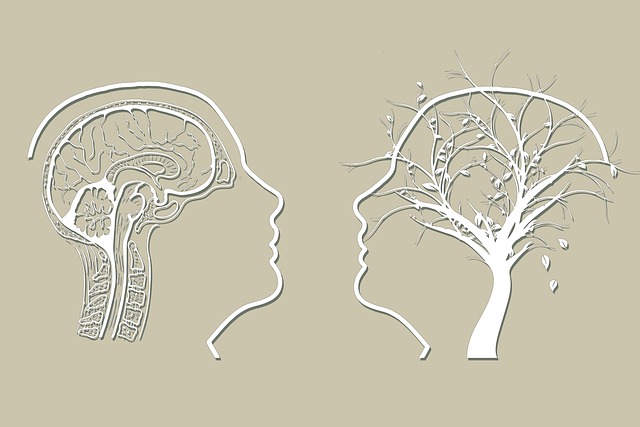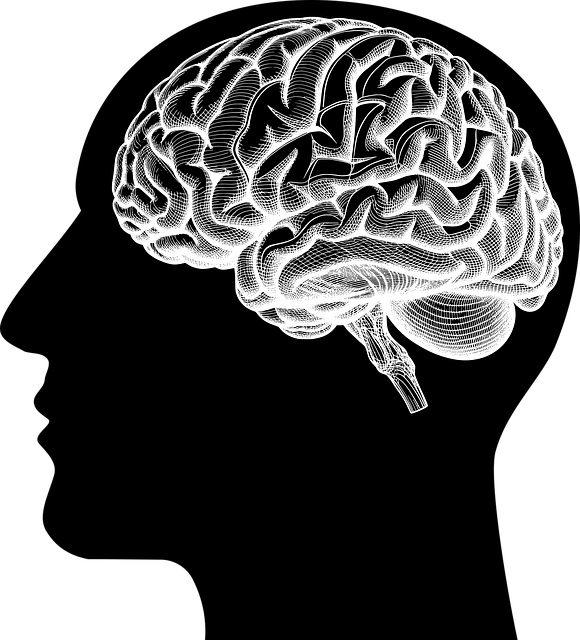Mental wellness is a holistic state of being that includes emotional, psychological, and social well-being. In today's stressful world, conditions like anxiety and depression are prevalent. Lakewood Eating Disorders Therapy offers specialized services to address these issues by promoting self-care practices and professional support for stress management, emotional regulation, and resilience building. By identifying personal needs and setting realistic goals, individuals can create meaningful self-care routines tailored to their unique mental health landscapes. This proactive approach, combined with guided strategies like mindfulness and empathy-building, enhances overall mental wellness and fosters emotional healing. Integrating daily self-care rituals, starting from small dedicated time pockets, supports mental health growth and leads to a more balanced life.
In today’s fast-paced world, prioritizing mental wellness is more crucial than ever. This article guides you through developing a robust self-care routine for optimal mental health, featuring insights from Lakewood Eating Disorders Therapy. We explore the interconnectedness of mental wellness and daily life, emphasize identifying personal needs, setting achievable goals, and crafting tailored self-care practices. Learn how to integrate these strategies into your lifestyle for lasting benefits, fostering resilience and overall well-being.
- Understanding Mental Wellness and Its Impact on Daily Life
- Identifying Personal Needs and Setting Self-Care Goals
- Crafting a Customized Self-Care Routine for Mental Health
- Integrating Self-Care Practices into Your Lifestyle for Long-Lasting Benefits (with Tips from Lakewood Eating Disorders Therapy)
Understanding Mental Wellness and Its Impact on Daily Life

Mental wellness is a crucial aspect of overall well-being, encompassing our emotional, psychological, and social health. It influences how we think, feel, and act in daily life, impacting our relationships, work performance, and ability to navigate challenges. Understanding mental wellness involves recognizing that it’s not merely the absence of mental illness but a state of resilience and harmony where individuals can flourish and reach their full potential.
In today’s fast-paced world, the demands of everyday life can take a toll on our mental health. Stress, anxiety, depression, and other common mental health issues are prevalent, often stemming from various factors such as work pressure, personal relationships, financial concerns, or traumatic experiences. Recognizing the signs and seeking support is essential. Lakewood Eating Disorders Therapy offers specialized services to address these concerns, emphasizing the importance of holistic mental wellness care. Incorporating self-care practices and seeking professional help when needed can significantly enhance one’s ability to manage stress, improve emotional regulation, and promote overall mental resilience, especially in light of a robust Mental Health Policy Analysis and Advocacy. Trauma Support Services and Empathy Building Strategies are also vital components in fostering mental wellness and healing.
Identifying Personal Needs and Setting Self-Care Goals

Identifying personal needs is a crucial step in developing a meaningful self-care routine. It involves introspection and understanding your unique mental health landscape. This process might include recognizing triggers, uncovering coping mechanisms, and assessing current wellness practices. At Lakewood Eating Disorders Therapy, we emphasize the significance of this self-discovery journey, as it empowers individuals to make informed choices about their well-being. By identifying specific areas that require attention, such as stress management, anxiety reduction, or body image issues, you can set tailored goals aligned with your mental health aspirations.
Setting self-care goals is an act of self-love and commitment. These goals should be realistic, measurable, and achievable within a defined timeframe. For instance, if you’re seeking better mental health, a goal could be to incorporate daily mindfulness practices or engage in regular physical activity. Incorporating Lakewood Eating Disorders Therapy’s Mental Health Education Programs Design can provide valuable tools and strategies for achieving these objectives. Boosting confidence through self-care is another essential aspect, as it encourages individuals to prioritize their mental wellness and fosters resilience.
Crafting a Customized Self-Care Routine for Mental Health

Developing a personalized self-care routine is an empowering step towards prioritizing your mental health and well-being. This process involves recognizing what uniquely nurtures and rejuvenates your mind, creating a sanctuary for emotional healing processes. At Lakewood Eating Disorders Therapy, we emphasize the importance of tailored strategies in fostering positive mental wellness.
A customized routine can incorporate a range of activities such as mindfulness practices, social skills training, or engaging in creative outlets. For instance, setting aside time each day for meditation or journaling can be transformative in managing stress and cultivating emotional awareness. Additionally, integrating physical activities like nature walks or yoga not only promotes overall health but also serves as powerful Stress Reduction Methods, allowing you to reconnect with yourself.
Integrating Self-Care Practices into Your Lifestyle for Long-Lasting Benefits (with Tips from Lakewood Eating Disorders Therapy)

Integrating self-care practices into your daily routine is a powerful way to nurture your mental wellness. At Lakewood Eating Disorders Therapy, we emphasize that consistency is key when it comes to reaping the long-lasting benefits of self-care. Start by identifying small pockets of time in your schedule dedicated solely to you—whether it’s 10 minutes of meditation each morning or an hour for a hobby in the evening. This mindful approach allows you to prioritize your emotional well-being, fostering a sense of calm and resilience that can carry over into other areas of life.
Lakewood Eating Disorders Therapy suggests incorporating various coping skills development techniques such as mindfulness exercises, stress management workshops organization, and empathy building strategies. These activities not only promote relaxation but also enhance self-awareness and effective communication—crucial elements in maintaining a healthy mindset. By consistently practicing these self-care rituals, you’ll create a supportive environment where your mental health can flourish, ensuring a more balanced and fulfilling life.
Developing a mental wellness self-care routine is a transformative journey, one that can significantly enhance overall well-being. By understanding the impact of mental health on daily life and identifying personal needs, individuals can set achievable goals. Customizing this routine to suit individual preferences, as guided by experts like Lakewood Eating Disorders Therapy, ensures long-lasting benefits. Integrating practices such as mindfulness, self-reflection, and healthy habits into one’s lifestyle fosters resilience and promotes a balanced mental state. Remember, prioritizing mental wellness is not just a trend but a vital step towards leading a fulfilling and productive life.














